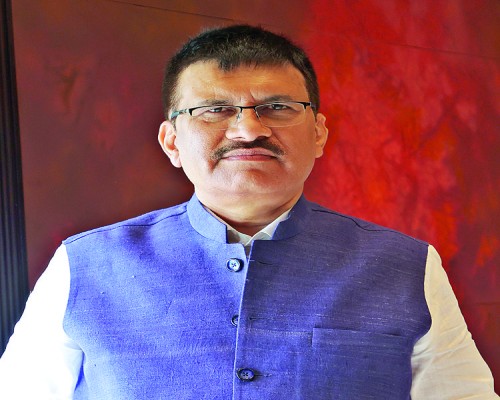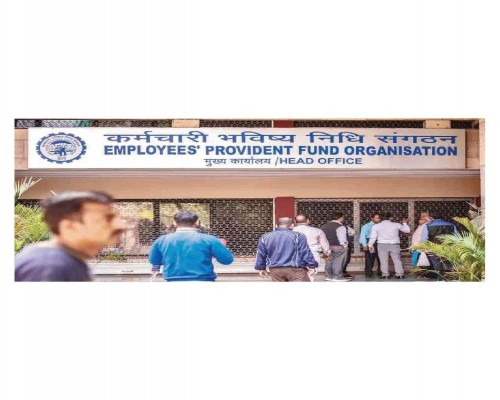Economic Implications and Carbon Taxation

Additionally, developed countries have begun imposing carbon taxes on imports from developing nations, increasing the costs for exporters in countries like India. Therefore, it is crucial to hold developed nations accountable for their historical carbon emissions and encourage them to provide financial assistance to developing countries. At the same time, developing nations must take proactive measures to protect the environment.
The food production, processing, and supply industries play a significant role in climate change, contributing to nearly one-third of global greenhouse gas emissions. However, serious discussions on this subject remain absent. Around 15% of global biofuel consumption occurs in agriculture and the production of fertilizers and pesticides, further increasing carbon emissions. The solution lies in promoting natural farming, which can significantly reduce environmental damage.
Furthermore, food processing, refrigeration, packaging, and supply industries are also heavily dependent on fossil fuels. By transitioning agriculture to clean energy, prioritizing locally grown and seasonal products over imported food, and promoting plant-based diets over meat consumption, greenhouse gas emissions can be significantly reduced. However, farmers and the food industry are so deeply entrenched in both developed and developing countries that no government seems willing to implement these fundamental changes.






















